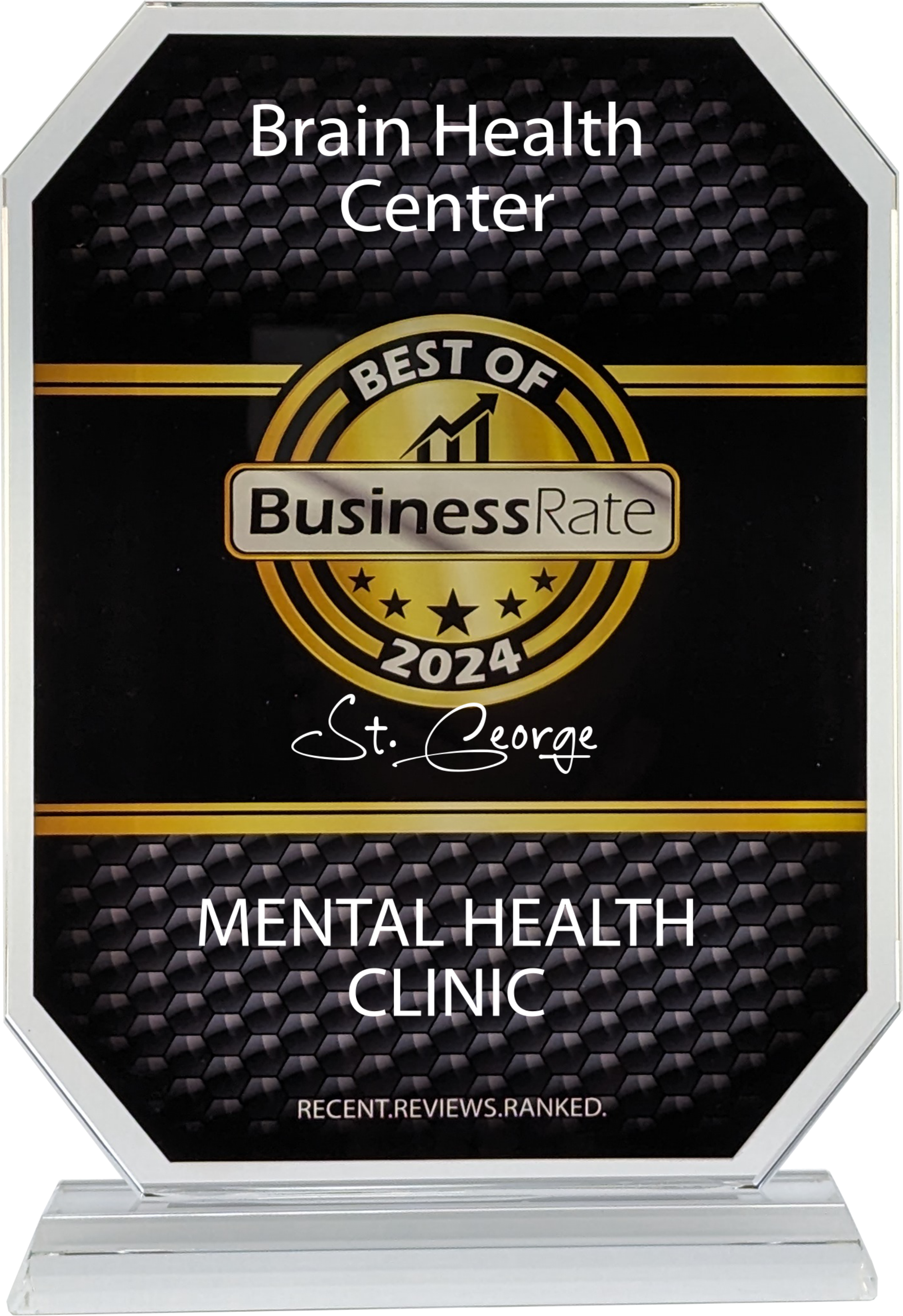PTSD
What is PTSD?
PTSD, or Post-Traumatic Stress Disorder, can happen when someone goes through a really scary or traumatic event. It’s not merely feeling shaken up for a bit; it’s when the stress and anxiety from that event stick around for months or years and start affecting daily life.
People with PTSD often have flashbacks or nightmares about what happened, and it feels super real, like they’re reliving it. They might also try to avoid anything that reminds them of the trauma, which makes it hard to go about their normal routine. You’ll often see them being really on edge, too. They’ll be jumpy, easily irritated, or have difficulty sleeping.
It’s tough because the brain gets stuck in this state of high alert, constantly thinking it’s in danger. PTSD doesn’t just happen to soldiers returning from war, although that is what many people think of. It can happen to anyone who’s been through something really intense — like a car crash, a natural disaster, or even personal stuff like assault or abuse.
The good news is PTSD is treatable. Therapy, medication (in some cases), and support can help people process what they’ve been through and start feeling more like themselves again. But it’s important to get help because it’s not something that’s easy to deal with on your own.
How TMS therapy helps with PTSD
Alright, so let’s dive into how TMS therapy helps with PTSD. When someone has PTSD, certain parts of their brain, especially those involved in fear and emotional regulation, might be a bit out of whack. TMS steps in as a reset button.
TMS uses non-invasive magnetic fields to stimulate these specific parts of the brain. It’s like gently prodding the brain to start reworking those circuits that got disrupted by the traumatic experience. Think of it as a way to help the brain help itself, encouraging it to adopt healthier patterns of activity.
Now, the cool part about TMS is that it’s really targeted. You sit in a comfy chair, and a device is placed near your head. There’s no surgery or anesthesia. Sessions are short, and you return to your day right after.
For folks with PTSD, TMS could be a game-changer. It’s especially appealing if you’re hesitant about medications or haven’t found them to be effective. And since it’s non-invasive, side effects are generally minimal.
TMS therapy at Brain Health Center
If you’re wrestling with the challenges of PTSD and looking for a new approach, consider giving TMS at Brain Health Center a shot. Our team is deeply committed to providing personalized care in a supportive environment. We understand the complexities of PTSD and are here to help you through your journey to recovery.
Reach out to Brain Health Center today to explore how TMS could be a part of reclaiming your life from PTSD. Let’s take this step forward together toward healing and well-being.
Treatments for PTSD range from 20 to 36 sessions, one treatment a day, Mon-Fri. Treatments are +/- 4 minutes in length.

It's Time To Heal
For many of our friends seeking wellness, TMS is an incredible solution. Get started now with our team.

